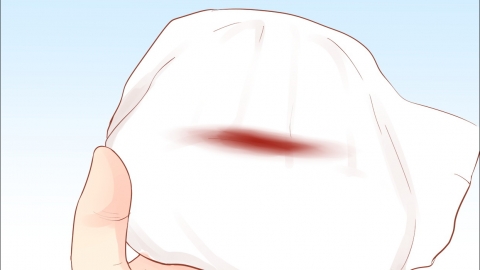What are the symptoms of hemorrhoids?
Generally, hemorrhoids refer to a condition where the veins in the lower rectum and anus become swollen or varicose. Symptoms include anal bleeding, anal pain, prolapse of hemorrhoids, anal swelling, itching, and others. A detailed explanation is as follows:
1. Anal Bleeding
Patients with hemorrhoids often experience bright red blood appearing on the surface of stool or on toilet paper during bowel movements. This occurs because the mucous membrane covering the swollen anal veins becomes thin and easily damaged. Friction from hard stool passing through can cause rupture and bleeding.

2. Anal Pain
Pain may manifest as mild pricking, burning, or distending pain, especially noticeable during or after defecation. The pain is associated with inflammation, edema, and thrombosis of the hemorrhoids. If inflammation is present, activities such as squatting or defecation may irritate the area and cause or exacerbate the pain.
3. Prolapse of Hemorrhoids
As the condition progresses, internal hemorrhoids may enlarge and protrude from the anus during bowel movements. Initially, they can retract spontaneously, but in severe cases, manual assistance may be required for repositioning, or they may become irreducible, resulting in a strangulated hemorrhoid. This may be due to destruction of the anal cushion supporting structures, causing downward displacement of the anal cushions.
4. Anal Swelling
Patients may notice a soft mass or swelling protruding from the anal area. This is due to varicose veins forming external hemorrhoids or prolapsed internal hemorrhoids. Increased abdominal pressure during bowel movements causes the venous plexus to expand, forming a palpable mass.
5. Itching
The skin around the anus may become irritated by secretions, leading to eczema and itching. When internal hemorrhoids prolapse, the anal sphincter relaxes, increasing secretions that irritate the perianal skin, causing itching and discomfort.
If symptoms of hemorrhoids appear, patients should seek medical attention promptly and follow medical advice to use medications such as Ma Yinglong Hemorrhoid Ointment or Compound Fucusin Suppository for treatment. In daily life, it is important to maintain regular bowel habits, keep the anal area clean and dry, avoid prolonged sitting or standing, and engage in appropriate physical exercise to promote recovery and prevent recurrence.








